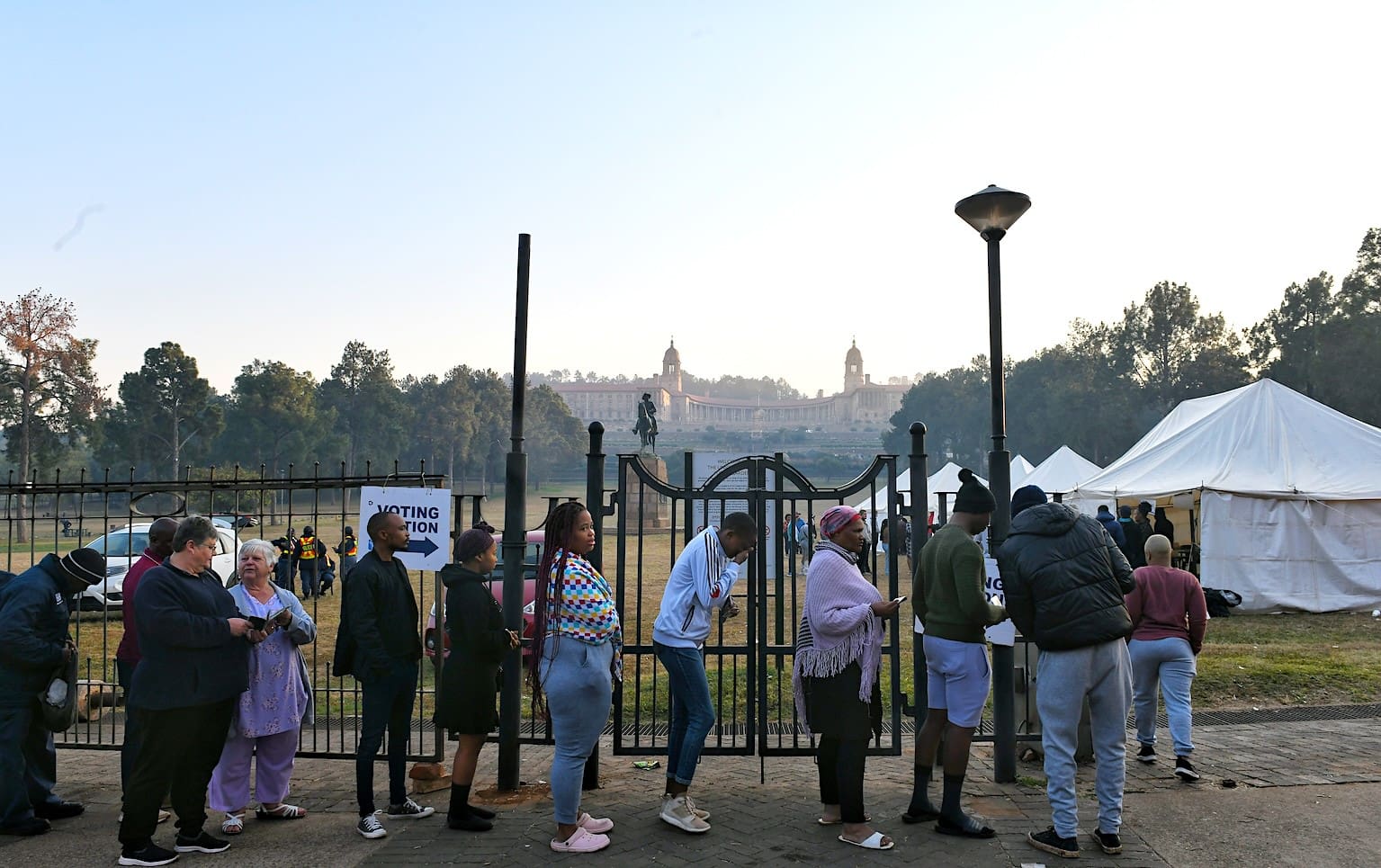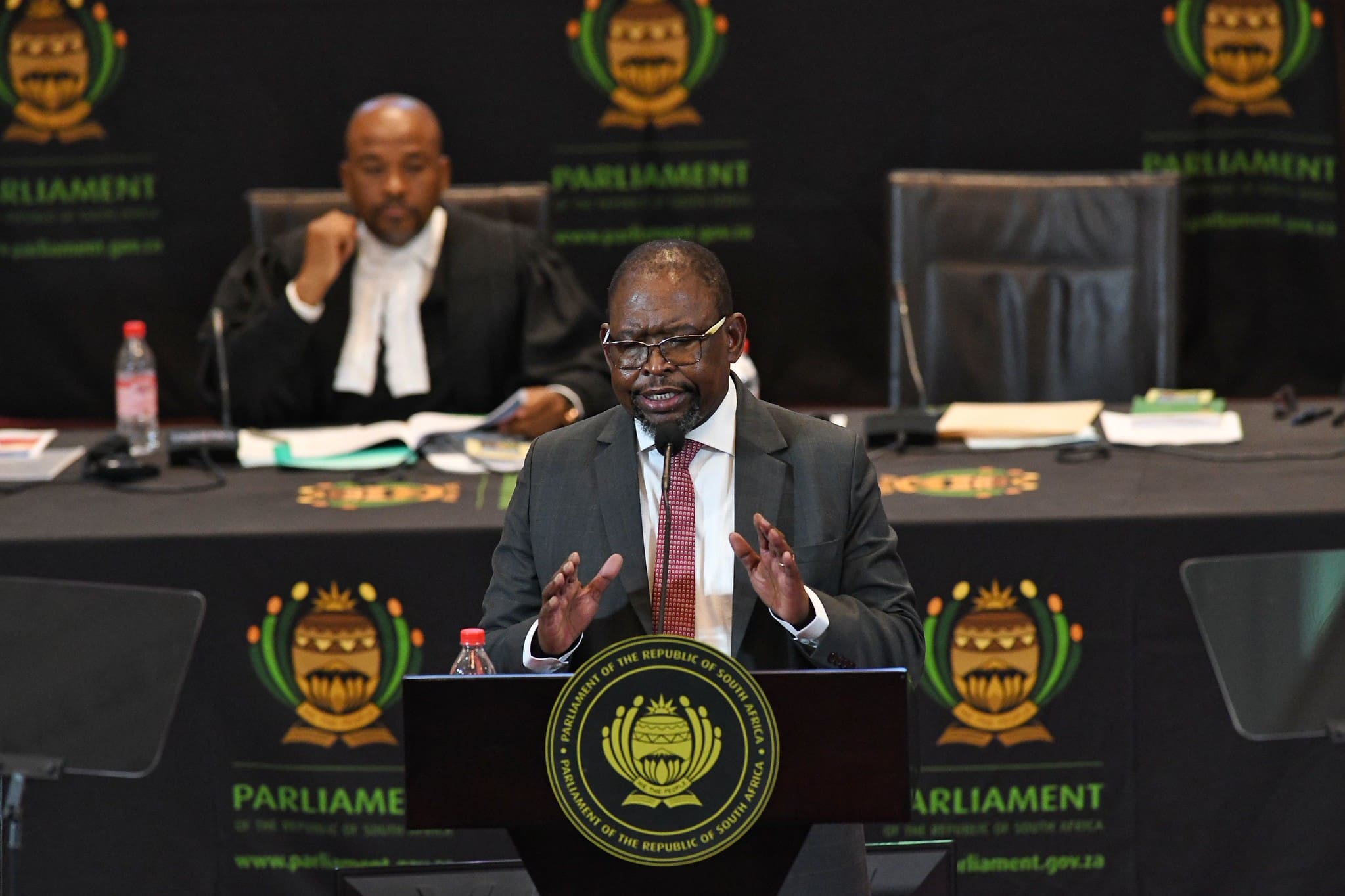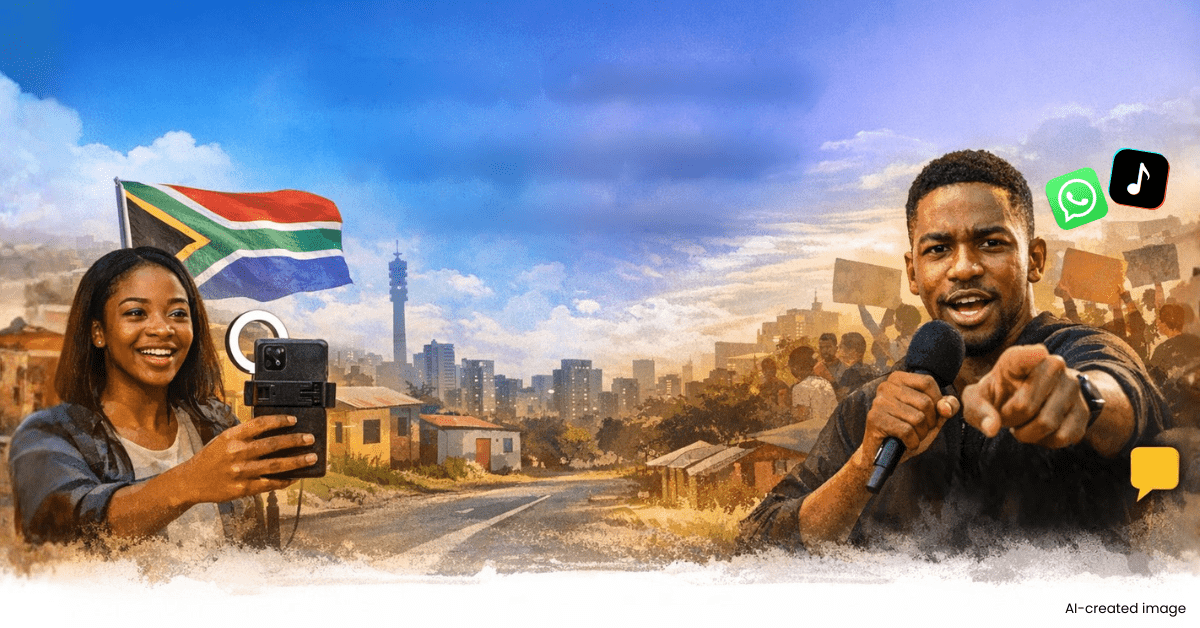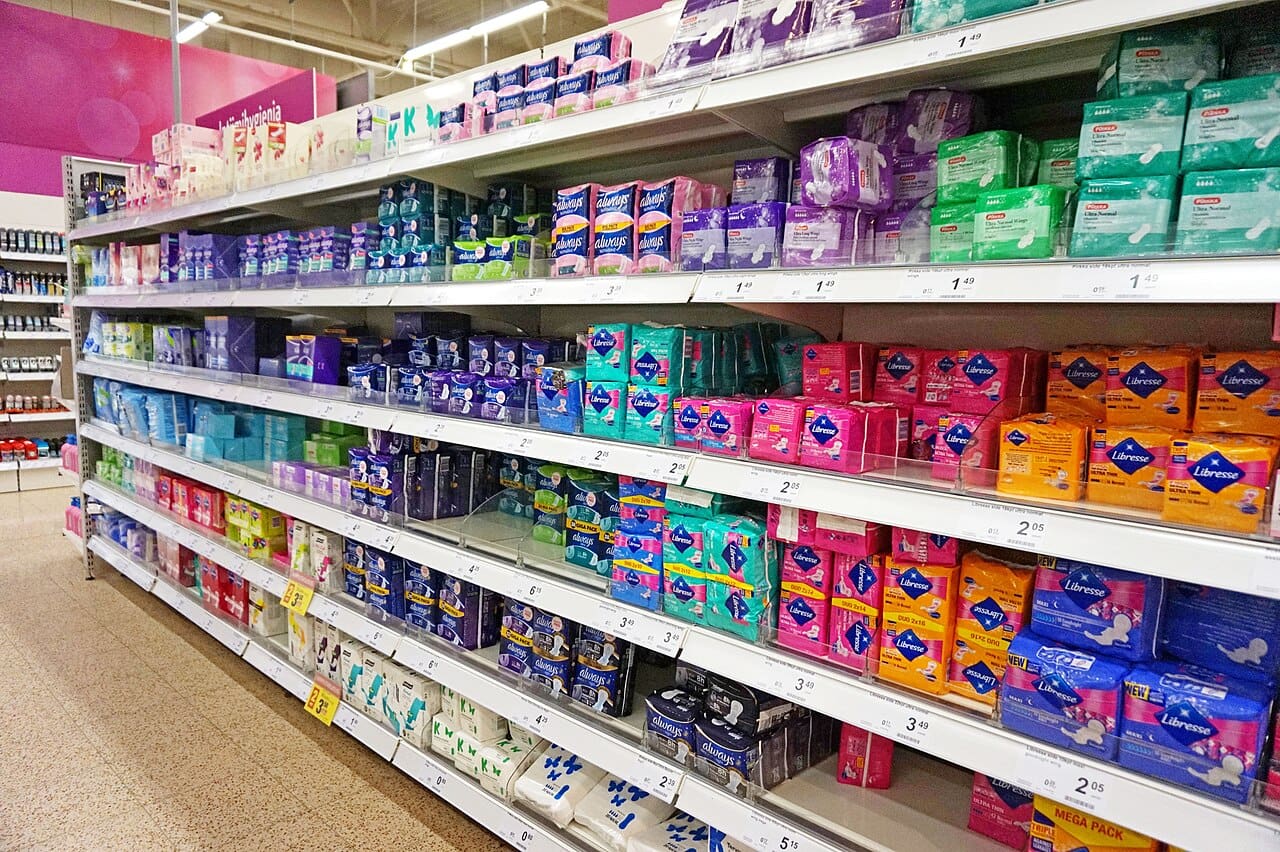On May 29, 2024, I voted for the first time in South Africa’s national elections. I was old enough to vote. Yeey! I was excited, eager to enter the voting station and make my mark. As a journalism student at the time, I understood the importance of this moment. Voting means exercising your right to shape the future of our country. I took it seriously.
But looking back a year later, I realise I wasn’t as informed as I thought about casting a vote and wasn’t alone. Many young people didn’t vote at all. Despite making up most of the population, youth participation at the polls remains alarmingly low. It’s a missed opportunity to have our voices heard on the issues that impact us most: education, unemployment, and the social challenges we face daily.
I see how I was carried away by the noise of the campaigns; I didn’t take the time to compare political ideologies or to interrogate the parties’ positions on issues that matter deeply to my generation and me. Well, not all hope is lost. The 2026 local government elections are around the corner, and this time, I’m determined to vote with intention.
Young people’s voting patterns raise concerns.
To understand how others my age feel about voting, I posted a WhatsApp status asking: How do you feel about voting in the upcoming local elections? What does youth representation mean to you? Sixty-three people viewed it. Only three replied. Afikile Diya said he believes his vote is his voice as a young person. Simamkele Thompson shared these sentiments: “ I am looking forward to voting because I understand decisions made in governance affect me, and I think young people are ignorant of that”. Ikho Poswa added, “ Voting for the ANC in the Eastern Cape is the worst decision ever, and voting as a young person choosing a structure that will enhance the best interests of the public.”
That silence from the other status viewers who chose not to respond is alarming. It mirrors a trend among the youth, who make up a large portion of the population but are underrepresented at the polls.
According to StatSA 2024 mid-year population estimates, out of 63,02 million, over 60% of this population is youth. This is a powerful voting bloc, yet their participation remains low. Voter registration among 18–34-year-olds decreased from 69% in 2005 to 67% in 2021.
In local government elections, fewer young people have been voting, while older people continue to vote more often. Overall, the number of people who voted dropped from 58% in 2016 to 46% in 2021. This shows that more people are losing interest in voting. If young people registered and voted as a collective, they could reshape South Africa’s political landscape.
Why the Silence?
The lack of response to my WhatsApp status reflects a deeper issue: many young South Africans feel disconnected from participating in the electoral process and are deeply dissatisfied with the outcomes of democracy. Many feel their votes won’t change systemic issues like unemployment, corruption, inconsistent service delivery (think load-shedding and water shortages), and a lack of political accountability, which persists.
Young people also feel underrepresented in political spaces. While social media is a powerful tool for engagement, it often amplifies noise over substance, leaving young voters overwhelmed rather than informed.
There's no political party that cares about citizens,now South Africa is a mess very serious mess, South Africa pollution is too much crime is high and other Africa people come to South Africa to fight n blame citizens under thousand political parties BLACK PEOPLE WE'RE IN SHIT
— Sesi (@Sesi83784369) June 11, 2025
Democracy is a scam too. There isnt enough voters to justify it. The fact that you have to pay money to get an ID card means that most of South Africa will never vote.
— Piet (Die Padda) Van Schwepe (@woodmurderedhat) June 11, 2025
Why youth representation is important
Youth representation isn’t just about having young faces in parliament; it’s about advocating for policies that address our realities. Take one of the youth stressors, unemployment, for example. Local governments can drive job creation through community projects or skills programmes, but only if voters play their part. Gender-based violence, another pressing issue, requires local policies on safety and support services. Yet, without youth at the polls, these issues risk being sidelined.
Some young South Africans are already making big moves to change things. Take Harambee Youth Employment Accelerator, for example. It’s run by young innovators working with businesses and government to help connect unemployed youth to real job opportunities. Through their DigiLink program, they’re training young people in digital skills like software testing and data analysis, and then placing them in real work environments with private companies. That’s the kind of future-focused work we need more of.
Then there’s the National Youth Development Agency, which is backing young entrepreneurs with funding and support to get their businesses off the ground. These kinds of programs are proof that when young people lead, real change is possible.
Another great example is the South African Youth Gender Action Plan, which brought together young people from across the country to develop a youth-led policy framework to tackle gender-based violence and come up with practical solutions to make public spaces safer and more inclusive.
These efforts show what’s possible when young people get involved. But the thing if we don’t show up to vote, these programs risk being overlooked or underfunded. If more of us turn out in 2026, we can push municipalities to support and scale up projects that work for young people.
Reflecting on my first vote in 2024, I see now how unprepared I was, swept up in campaign noise rather than informed by policy. I wasn’t alone, too many young South Africans, over 60% of our population, are sitting out elections, disillusioned by a system that seems to ignore us.
Lona is a recent graduate with an Honours degree in Journalism and Media Studies from Wits University. Passionate about storytelling, she is eager to learn, grow, and hone her writing skills.




